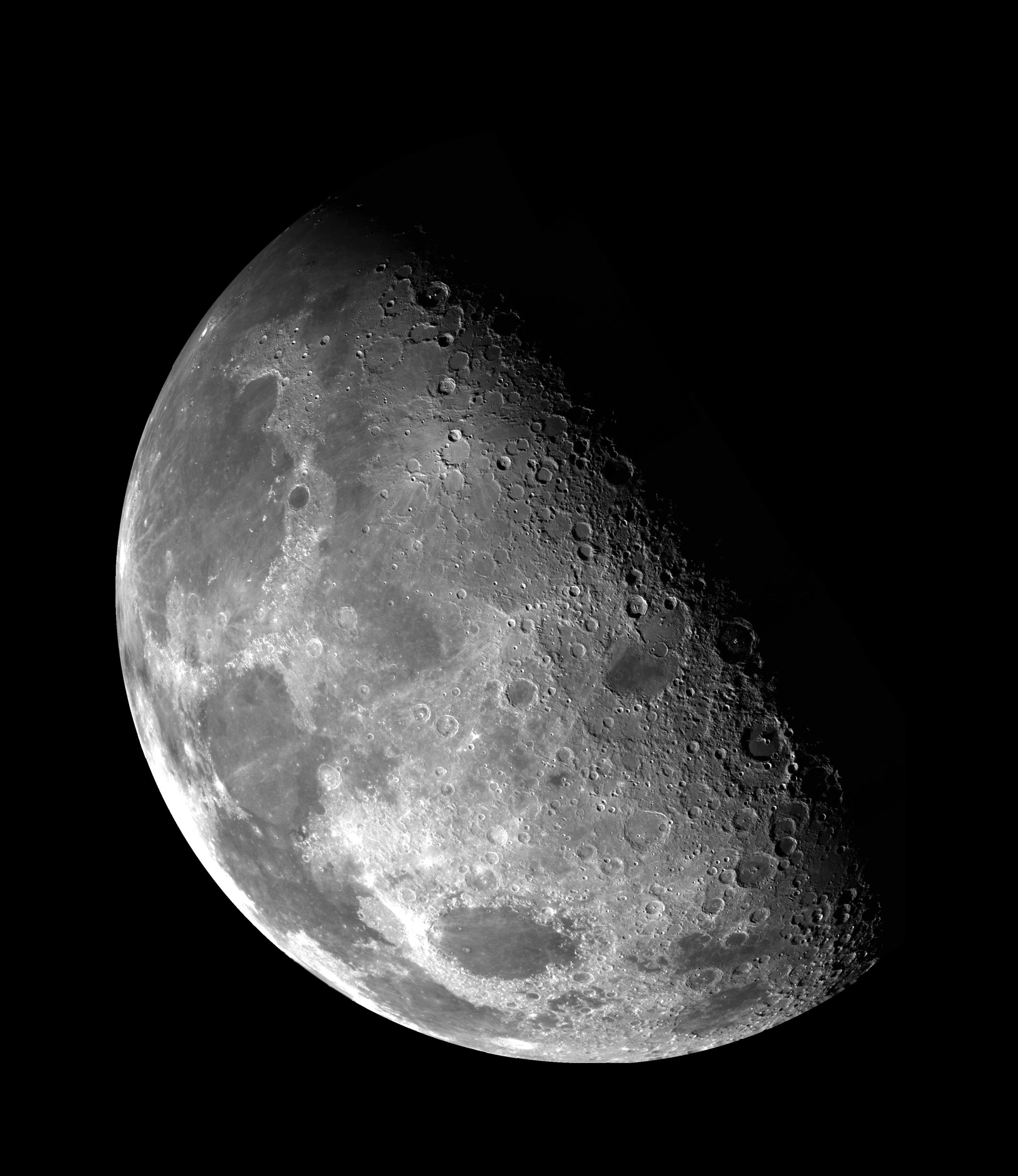Can the Moon Affect Your Sleep?
Sleep, undoubtedly, is an essential component of our overall well-being. The quality and quantity of sleep can significantly impact our physical, mental, and emotional health. While there are several factors that can affect our sleep patterns, one often overlooked influence is the moon. Yes, the celestial body that illuminates our night sky can potentially have an impact on how well we sleep. In this blog post, we will delve into the fascinating relationship between the moon and our sleep cycles and explore the scientific evidence supporting this connection.
The Moon’s Influence on Our Sleep
Since ancient times, people have linked the moon to various aspects of human life. One persistent belief is that the moon affects our sleep patterns. The moon’s gravitational pull, it is argued, can influence the tides and, in turn, impact our internal rhythms. While the exact mechanism behind this phenomenon is not entirely understood, several scientific studies have explored the potential connection.
Scientific Studies
A study published in the journal “Current Biology” in 2013 examined the sleep patterns of individuals during different lunar phases. Researchers analyzed the sleep data of participants over several nights and found that, on average, they took around five minutes longer to fall asleep during a full moon. The participants also experienced a reduction in the amount of deep sleep they obtained, leading to less restorative rest. However, it is worth mentioning that the overall effect size was relatively small, and individual variations were observed.
Another study conducted at the University of Basel in Switzerland sought to understand the influence of the lunar cycle on sleep quality. The researchers analyzed the sleep patterns of participants in a controlled laboratory setting and discovered that the participants had lower levels of melatonin, a hormone associated with sleep regulation, during a full moon. This finding suggested that the moon’s phases could disrupt our internal sleep-wake cycles.
Possible Explanations
While the exact mechanism by which the moon affects sleep remains uncertain, researchers have proposed various hypotheses:
- Increased Brightness: During a full moon, the night sky is significantly brighter, which can alter our exposure to light and impact the secretion of sleep-inducing hormones like melatonin.
- Evolutionary Influence: Some researchers suggest that our ancestors may have been more active during moonlit nights to take advantage of increased visibility. Thus, our sleep patterns might still be influenced by this evolutionary trait.
- Circadian Disruption: The moon’s gravitational pull may disrupt our internal body clock, the circadian rhythm, which governs numerous bodily functions, including sleep.
The Individual Factor
While studies have provided some evidence of the moon’s potential influence on sleep, it is important to note that individual variations play a significant role. Factors such as age, gender, geographical location, and personal beliefs can all affect how susceptible someone is to lunar-related sleep disturbances.
Practical Implications and Tips
If you find that your sleep is often affected during certain lunar phases, there are a few strategies you can try to improve sleep quality:
- Maintain a Consistent Sleep Schedule: Keeping a regular sleep routine can help regulate your body’s internal clock and minimize the potential disruptions caused by lunar influences.
- Create a Sleep-Friendly Environment: Ensure that your bedroom is dark, quiet, and conducive to sleep. Consider using blackout curtains or an eye mask to block out excess light during brighter lunar phases.
- Practice Relaxation Techniques: Engage in calming activities before bed, such as reading, meditation, or gentle stretching, to promote relaxation and prepare your body for sleep.
Conclusion
While the scientific evidence is not yet conclusive, there is growing support for the idea that the moon can affect our sleep. The moon’s phases, brightness, and gravitational pull may all play a role in influencing our sleep patterns. However, individual variations, cultural beliefs, and other external factors are equally important considerations. Understanding how the moon impacts our sleep can help us develop strategies to mitigate any potential disruptions and improve our overall sleep quality.
Table of Contents
